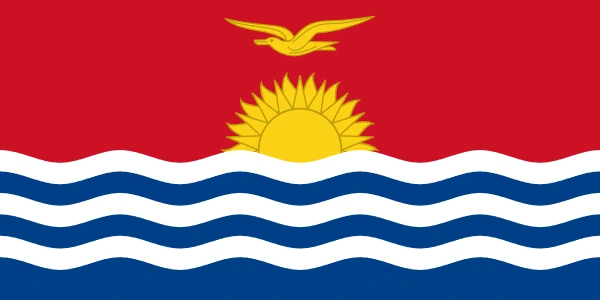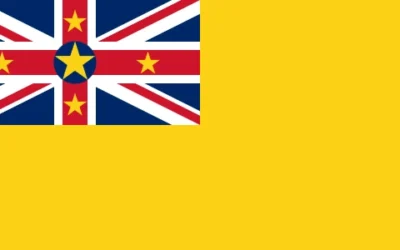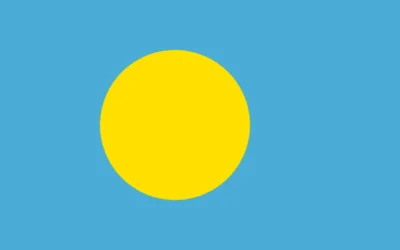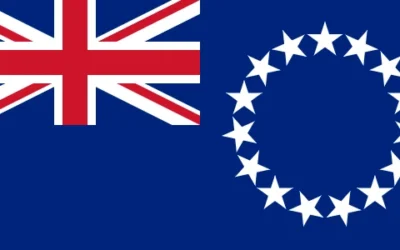Kiribati Travel Guide
Discover Why You Should Visit Kiribati
Why Visit Kiribati?
Kiribati offers a rare chance to experience untouched Pacific island life, with its laid-back atmosphere, traditional culture, and isolated beauty. Spread across the equator, the nation is composed of coral atolls and lagoons, ideal for eco-tourism, fishing, and cultural immersion.
Must-Know Facts
Capital/Major City: South Tarawa
Language(s): Gilbertese (I-Kiribati) and English
Currency: Australian Dollar (AUD)
Best Time to Visit: May to October (dry season)
Fun Fact: Kiribati is the only country in the world that is located in all four hemispheres
Top Things to Do
Experience a traditional dance performance in South Tarawa
Visit WWII relics and historical sites on Betio Island
Swim and snorkel in the clear lagoons of Abaiang Atoll
Engage in community life through homestays with local families
Relax on remote beaches with virtually no tourists
Local Culture & Lifestyle
Life in Kiribati is deeply rooted in tradition. Family, religion, and community are central. The people are known for their hospitality and resilience. Most live in small villages, and traditional practices like canoe building and storytelling remain strong.
Food & Drink Highlights
Street Food: Fried fish, coconut bread, taro chips
Restaurants: Seafood curries, stewed chicken, pandanus-based dishes
Drinks: Fresh coconut juice, toddy (fermented palm sap)
Desserts: Coconut pudding, mashed breadfruit with syrup
Main Dish & Culinary Symbols
Signature Dish: Te Bua Toro Ni Baukin — mashed breadfruit mixed with coconut cream
Common Ingredients: Fish, coconut, breadfruit, taro, pandanus
Culinary Culture: Meals are often cooked over open fires or earth ovens and shared among families
Symbols & Icons of the Area
Natural Icons: Coral atolls, lagoons, palm-lined beaches
Cultural Icons: Canoes, traditional dance, woven mats
Hidden Gems & Off-the-Beaten-Path
Abemama Atoll — peaceful and filled with local culture
Nonouti — an island with strong traditional practices
North Tarawa — less developed and ideal for cultural experiences
Marine Protected Areas — rich in biodiversity for snorkeling and diving
Shopping & Souvenirs
What to Buy: Handwoven baskets, shell jewelry, coconut oil, traditional fans
Where to Shop: Betio Market, community cooperatives, village artisans
Getting Around
Public Transport: Buses and minibuses on South Tarawa
Car Rentals: Limited but available on main islands
Boats: Common for inter-island transport
Flights: Small aircraft connect distant atolls
Travel Tips
Internet and ATMs are limited — plan ahead
Dress modestly out of respect for local customs
Bring sun protection and insect repellent
Be patient — the pace of life is slow and relaxed
Where to Stay
Budget: Guesthouses in South Tarawa
Mid-range: Small hotels and locally operated lodges
Luxury: Rare, but some eco-resorts offer comfort with tradition
Unique: Homestays with local families for authentic experiences
Sample 4-Day Itinerary
Day 1: Arrive in South Tarawa, explore Betio WWII sites
Day 2: Visit North Tarawa for cultural immersion and beach walks
Day 3: Boat trip to Abaiang Atoll for snorkeling and village tour
Day 4: Relax, shop for souvenirs, and enjoy a traditional meal






0 Comments